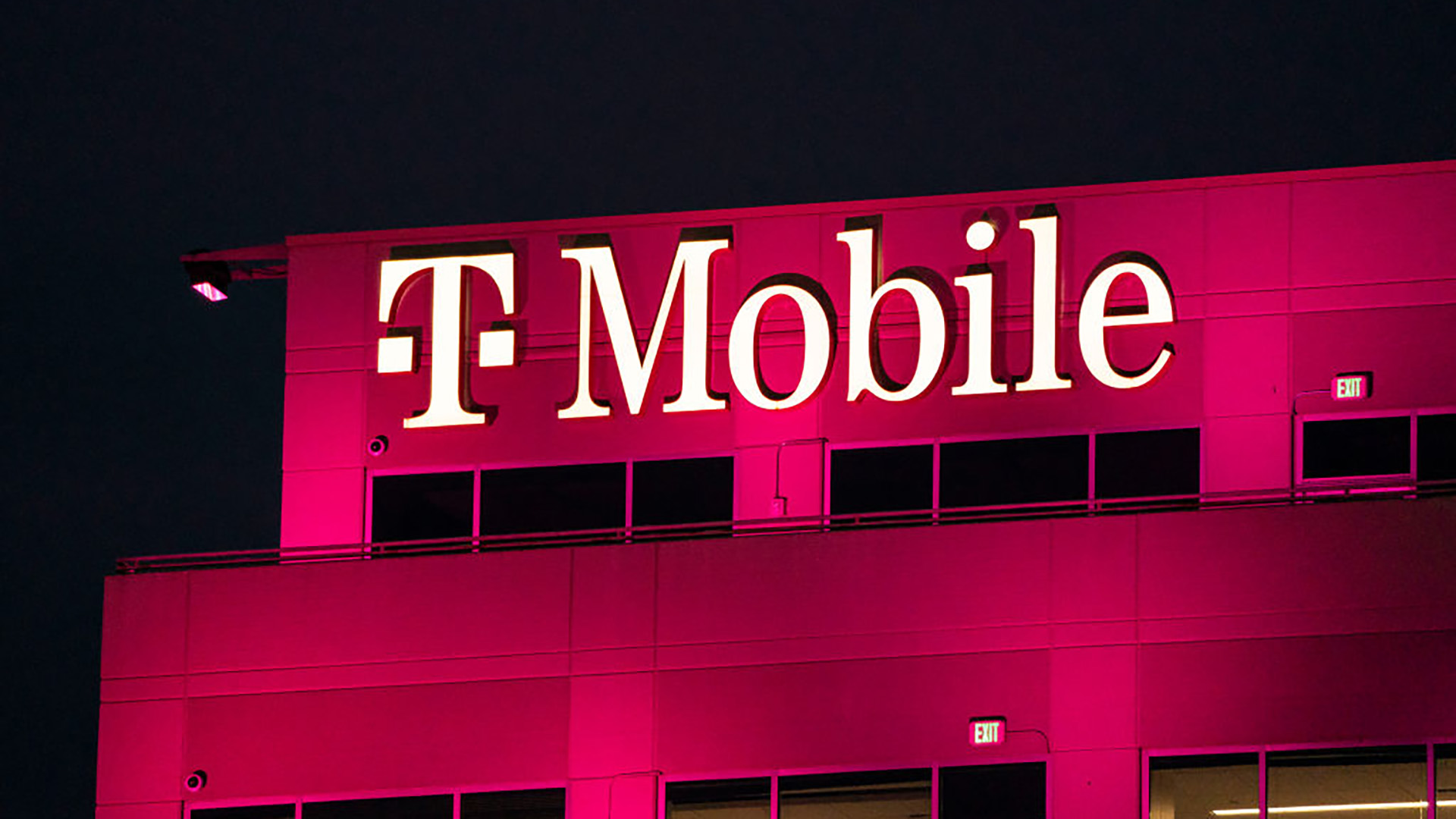Microsoft fixes critical flaw in legacy Windows systems to prevent WannaCry-like attack
Windows 7 and XP machines are at risk of autonomously spreading malware between PCs and networks


Microsoft has released fixes for a critical remote-code execution (RCE) flaw affecting older Windows installations that could have allowed malware to spread between machines without any user interaction.
The vulnerability has been described as 'wormable' which means that any future malware exploiting this could spread from machine to machine in a similar way to the infamous WannaCry attack in 2017.
The flaw with Remote Desktop Services, a remote PC platform, affects users running legacy operating systems including Windows 7, Windows XP, Windows Server 2008, Windows Server 2008 R2, and Windows 2003.
Microsoft confirmed the Remote Desktop Protocol itself is not vulnerable, and the issue is pre-authentication, meaning it requires no user interaction.
"While we have observed no exploitation of this vulnerability, it is highly likely that malicious actors will write an exploit for this vulnerability and incorporate it into their malware," the Microsoft Security Response Centre (MSRC) said.
"Customers running Windows 8 and Windows 10 are not affected by this vulnerability, and it is no coincidence that later versions of Windows are unaffected.
"Microsoft invests heavily in strengthening the security of its products, often through major architectural improvements that are not possible to backport to earlier versions of Windows."
Get the ITPro daily newsletter
Sign up today and you will receive a free copy of our Future Focus 2025 report - the leading guidance on AI, cybersecurity and other IT challenges as per 700+ senior executives
Microsoft confirmed that users running Windows 7, Windows XP, Windows Server 2008 R2 and Windows Server 2008, as well as those still on Windows 2003 were at-risk of succumbing to the flaw.
Patches for the in-support systems, Windows 7 and both Server 2008 iterations, are available via the Microsoft Security Update Guide, or through automatic updates.
Out-of-support systems, including Windows XP and 2003 users, will also receive a special fix due to the severity of this issue. But the firm has advised all its users who haven't yet upgraded to Windows 10 to do so as soon as possible as this is "the best way to address this vulnerability".
"It is highly likely that this vulnerability will be exploited in the wild in the near future as attackers develop exploit code," said senior research engineer with Tenable Satnam Narang.
"It is critically important for organisations and system administrators to apply patches as soon as possible to reduce their risk of compromise."
The WannaCry ransomware epidemic affected countless machines across the world, and in the UK became known for its devastating effects in the NHS. Research published in October estimated the cost to the health service was 92 million and was primarily allowed to spread due to unpatched Windows XP and Windows 7 machines.
Although Windows 7 systems are to be taken out of Microsoft's support cycle by January 2020, the market share for this operating system only began its terminal decline as recently as April.

Keumars Afifi-Sabet is a writer and editor that specialises in public sector, cyber security, and cloud computing. He first joined ITPro as a staff writer in April 2018 and eventually became its Features Editor. Although a regular contributor to other tech sites in the past, these days you will find Keumars on LiveScience, where he runs its Technology section.
-
 Billions of IoT devices will need to be secured in the next four years – zero trust could be the key to success
Billions of IoT devices will need to be secured in the next four years – zero trust could be the key to successNews Researchers have warned more than 28 billion IoT devices will need to be secured by 2028 as attacks on connected devices surge.
By Emma Woollacott
-
 Cisco claims new smart switches provide next-level perimeter defense
Cisco claims new smart switches provide next-level perimeter defenseNews Cisco’s ‘security everywhere’ mantra has just taken on new meaning with the launch of a series of smart network switches.
By Solomon Klappholz
-
 Five Eyes cyber agencies issue guidance on edge device vulnerabilities
Five Eyes cyber agencies issue guidance on edge device vulnerabilitiesNews Cybersecurity agencies including the NCSC and CISA have issued fresh guidance on edge device security.
By Emma Woollacott
-
 T-Mobile security chief insists its defenses stood up to attacks linked to Salt Typhoon
T-Mobile security chief insists its defenses stood up to attacks linked to Salt TyphoonNews No T-Mobile customers or services were affected after its security teams detected suspicious activity on their routers
By Solomon Klappholz
-
 Securing your network in every direction with zero trust
Securing your network in every direction with zero trustWhitepaper Webinar on the evolution of network security
By ITPro
-
 Turning your log and incident data into real-time security insights
Turning your log and incident data into real-time security insightsWhitepaper Integrate multiple data sources for a comprehensive security view
By ITPro
-
 Do more with less: Optimizing servers with HPE to maximize VMware licensing
Do more with less: Optimizing servers with HPE to maximize VMware licensingWhitepaper Your trusted guide through the changes in the virtualization market
By ITPro
-
 Modern enterprise cybersecurity
Modern enterprise cybersecuritywhitepaper Cultivating resilience with reduced detection and response times
By ITPro

